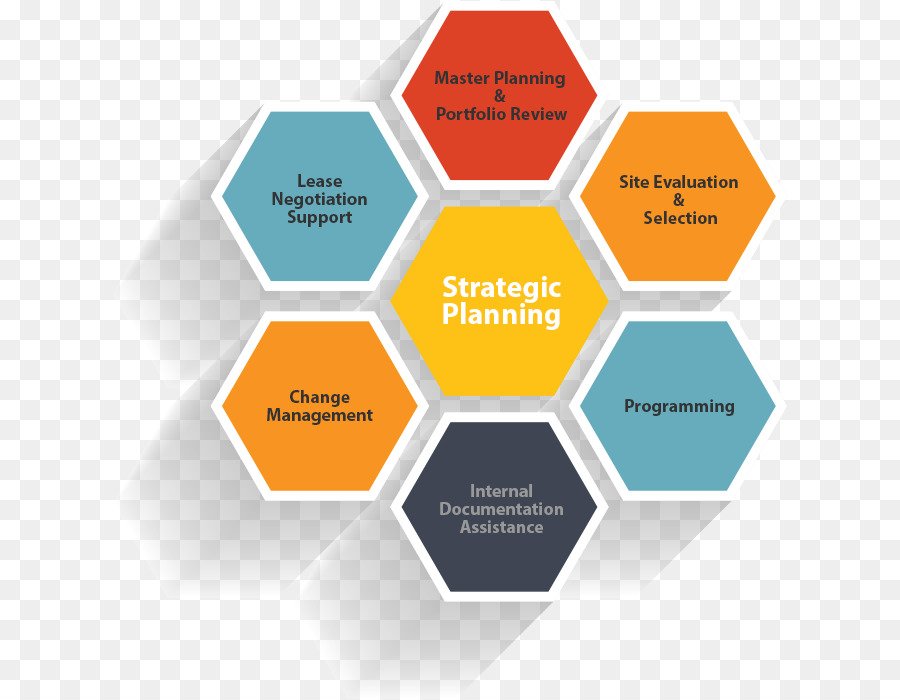Crafting a Winning Marketing Strategy
In the dynamic world of business, a meticulously designed Crafting a Winning Marketing Strategy serves as the compass guiding companies towards success. Whether you’re a fledgling startup or an established corporation, a well-thought-out strategy is indispensable for connecting with your audience, boosting sales, and carving out a distinctive brand identity. This comprehensive guide delves into the nuances of marketing strategy, from grasping its core concepts to implementing actionable insights for triumph.
Understanding Marketing Strategy
At its essence, a marketing strategy is a detailed blueprint outlining how a company intends to achieve its marketing objectives and goals. It entails a systematic approach to identifying target markets, comprehending consumer behavior, and strategically positioning products or services. A well-crafted marketing strategy offers clarity and direction, empowering businesses to make informed decisions and optimize their marketing endeavors.
The Significance of Marketing Strategy
A robust marketing strategy holds paramount importance for several reasons:
-
Clear Objectives:
It enables businesses to establish precise and measurable objectives aligned with their overarching goals, providing a roadmap for focused marketing efforts. -
Audience Understanding:
Effective marketing commences with a profound understanding of the target audience. Through meticulous market research, businesses can discern consumer demographics, preferences, and pain points, thereby tailoring their messaging to resonate with their audience. -
Competitive Differentiation:
In a saturated marketplace, distinguishing oneself from competitors is imperative. A well-honed marketing strategy helps businesses identify their unique value proposition (UVP), articulating what sets them apart and why consumers should opt for their offerings. -
Resource Optimization:
Efficient resource allocation is vital for effective marketing. A meticulously crafted strategy aids businesses in prioritizing initiatives, identifying cost-effective channels, and maximizing ROI. -
Adaptability:
Given the ever-evolving business landscape, adaptability is key. A robust marketing strategy provides a framework for monitoring market dynamics, analyzing competitor tactics, and seizing emerging opportunities.
Key Components of a Successful Marketing Strategy
A successful marketing strategy comprises several essential components:
-
Market Analysis:
Thorough market research helps in understanding industry trends, consumer behavior, and competitive dynamics. -
Audience Segmentation:
Identifying target audience demographics, preferences, and needs enables personalized marketing strategies. -
Unique Value Proposition (UVP):
Clearly articulating what sets the business apart from competitors enhances brand differentiation. -
Brand Positioning:
Defining the desired brand perception and aligning it with consumer preferences fosters brand loyalty and recognition. -
Marketing Mix:
Crafting a well-rounded marketing mix encompassing product, price, place, and promotion strategies ensures comprehensive coverage. -
Channel Selection:
Choosing the most effective marketing channels based on audience behavior and preferences optimizes outreach efforts. -
Measurement and Analytics:
Tracking key performance indicators (KPIs) and leveraging analytics tools facilitates data-driven decision-making and continuous optimization.
Crafting a Winning Marketing Strategy Practical Tips
Here are actionable tips for crafting a winning marketing strategy:
-
Define Clear Objectives:
Establish SMART objectives – Specific, Measurable, Achievable, Relevant, and Time-bound – to guide your strategy effectively. -
Know Your Audience:
Conduct in-depth market research to gain insights into your target audience’s demographics, behaviors, and preferences. -
Communicate Your UVP:
Clearly articulate your unique value proposition to resonate with consumers and differentiate your brand. -
Develop a Consistent Brand Identity:
Ensure brand consistency across all touchpoints to foster trust and recognition among consumers. -
Select the Right Channels:
Identify and prioritize the most effective marketing channels to reach your target audience efficiently. -
Create Compelling Content:
Develop high-quality, engaging content that adds value to your audience and reinforces your brand message. -
Monitor and Adapt:
Continuously monitor the performance of your marketing efforts, analyze data, and adapt your strategy based on insights and market trends.
Conclusion
Crafting a winning marketing strategy is indispensable for businesses aiming to thrive amidst fierce competition. By understanding the core principles of marketing strategy and implementing actionable insights, businesses can effectively connect with their audience, outshine competitors, and achieve their marketing objectives. Remember, a successful marketing strategy is not a static document but an iterative process of refinement and adaptation to stay ahead of the curve.
In summary, a well-crafted marketing strategy is the cornerstone of business success, guiding companies towards sustainable growth and prominence in the marketplace.








